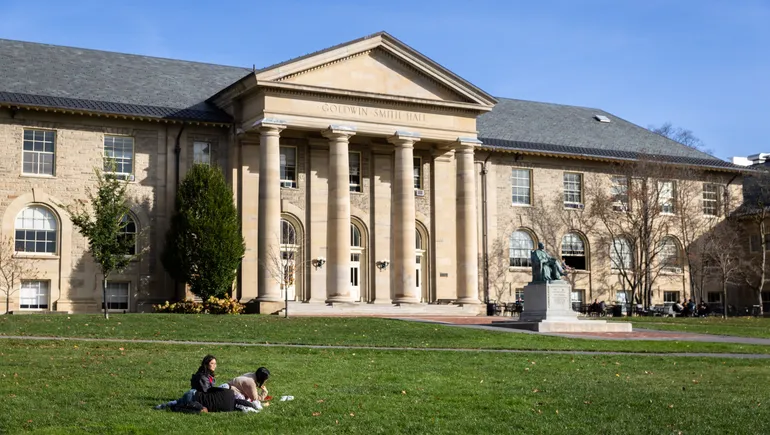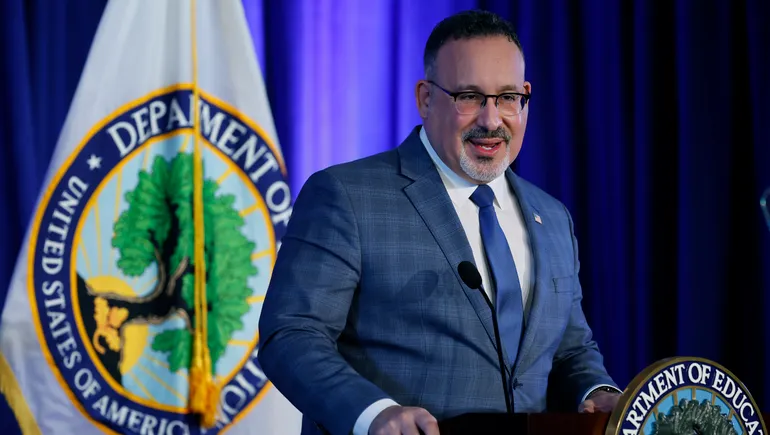Dive Brief:
- A group of current and former Cornell University employees asked the U.S. Supreme Court March 11 to clarify what plaintiffs must show to claim that a retirement plan fiduciary engaged in prohibited transactions under the Employee Retirement Income Security Act.
- The case, Cunningham v. Cornell University, involves an alleged circuit split. The 2nd, 3rd, 7th and 10th U.S. Circuit Courts of Appeal have found that ERISA requires plaintiffs to “plead and prove additional elements and facts not contained” in the law’s text, according to the employees, who said that the 8th and 9th Circuits have not found that the law makes such requirements.
- The 2nd Circuit held that ERISA plaintiffs must show that an alleged prohibited transaction “was unnecessary or involved unreasonable compensation” and that the Cornell employees had not met this requirement in alleging that the university engaged in prohibited transactions. A response to the writ of certiorari from Cornell is due April 12.
Dive Insight:
ERISA requires retirement plan fiduciaries to run plans “solely in the interest of participants and beneficiaries and for the exclusive purpose of providing benefits and paying plan expenses,” according to the U.S. Department of Labor. Per the agency, this includes avoiding conflicts of interest such as engaging in transactions on behalf of the plan that benefit parties related to the plan — including fiduciaries, service providers or plan sponsors.
In their suit, the Cornell employees alleged that the university included “imprudent and expensive investment options” in its retirement plans and allowed “conflicted” third-party service providers to dictate the plans’ investment lineup. Other allegations included that Cornell allowed the providers to include certain proprietary funds in the plans, that providers selected and retained expensive and underperforming investment options, and that Cornell failed to monitor and control administrative fees.
The 2nd Circuit issued its decision in favor of Cornell in November 2023 and denied a petition for rehearing in December.
Separately, the U.S. Department of Labor is moving forward with its proposed rule that would change the department’s five-part test used to determine when an individual’s investment advice within the context of employer-sponsored retirement plans constitutes fiduciary advice under ERISA. On March 8, the White House Office of Management and Budget received DOL’s final rule for further regulatory review.
#Cornell #University #employees #SCOTUS #address #retirement #plan #circuit #split








